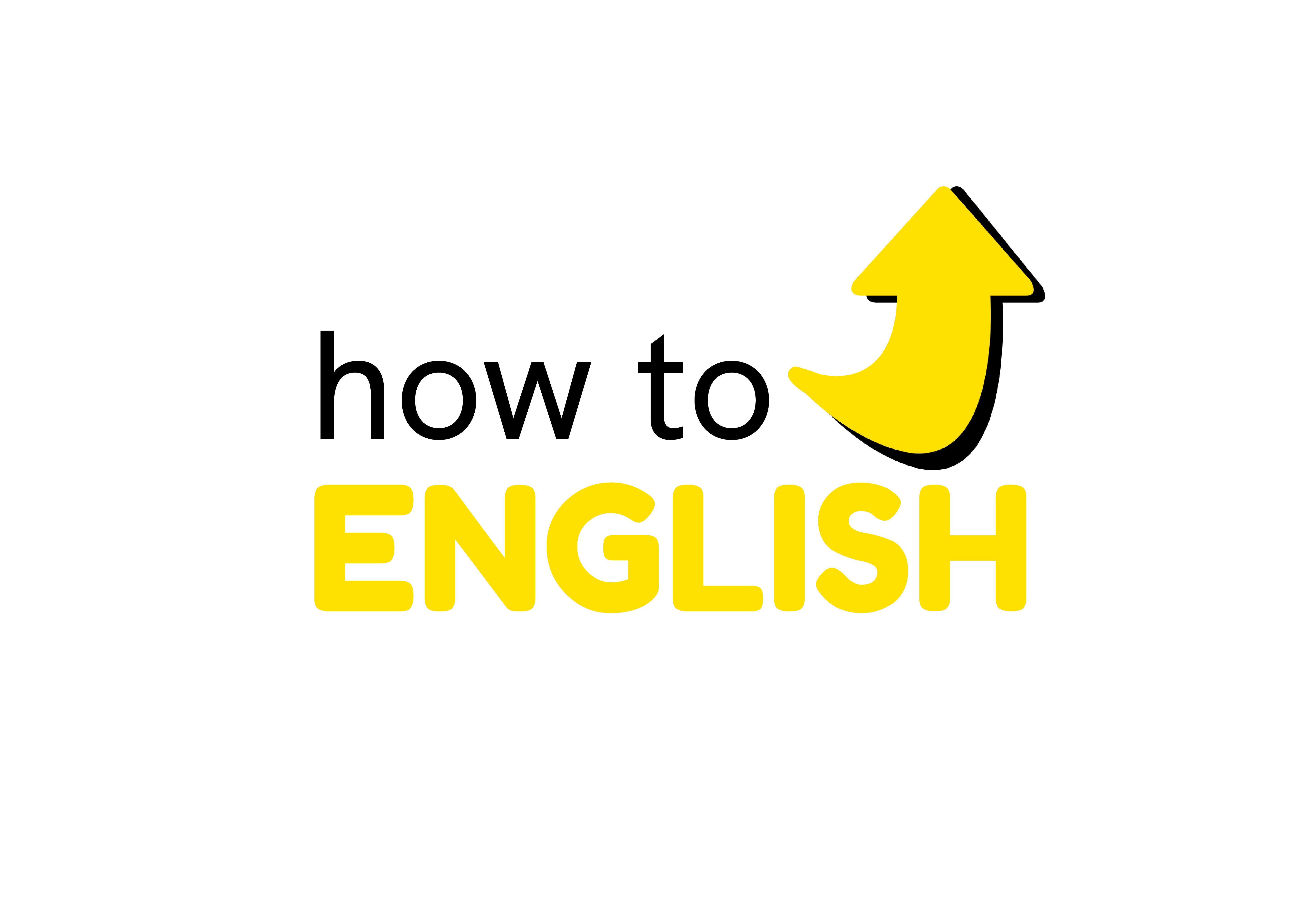When was the last time you gave somebody some advice? What advice did you give them?
What about a time when you were given some advice? What did they say?
My wife gave me some fantastic advice recently.
“Adam, you should always wait for the bird poo to dry before turning on the windscreen wipers in the car”.
Great advice; thirty seconds too late…
Introducing the very useful modal verb should.
It’s most commonly used to give advice, to tell somebody what the best thing to do would be, or to help or guide them.
People often misunderstand it, thinking it has something to do with obligation. With should, there is no obligation to do anything, you simply say what you think is the best thing to do.
The person can then take your advice or leave it.
It’s up to them.
Should is a great modal verb, very important and very useful. With it, we can offer help, advice, and guidance.
However, when we use it to talk to ourselves, in first person singular, something very interesting happens on a psychological level.
As I said, when you say I should, there is no obligation to do the thing that you’re talking about. You’re just saying what the correct thing to do is, what the best thing to do is, or that doing it is a good idea.
That also means that not doing it is a bad idea.
And unfortunately, that negative feeling is what stays with us when we use a sentence starting with I should.
We mostly start a sentence with I should for things that we don’t do. We say it for things that we feel bad about not doing. And often, we say it for things that we know we won’t do.
So what starts with good intentions of ‘this is the best thing to do’, actually puts extra pressure on us. It makes us feel bad about not doing it, demotivates us, and focusses on the negative.
Often, when we say it, we are already thinking about the possibility of not doing it. We are almost playing with the idea that we will not do it.
Then you don’t do it.
And then you feel bad.
It can make you feel like a failure before you even try.
I wonder how many times the following sentences are said every day, somewhere in the world:
“I should start doing some exercise”
“I should lose some weight”
“I should practise some English”
And I wonder how many times the people that said them actually did those things.
[thrive_leads id=’1049′]
If they didn’t, then maybe, just maybe, it was because they used the word should.
We typically start by saying I should. Then it becomes I need to. Then we say I have to.
Although these verbs carry the most weight, they are the ones that most often lead to failure.
If you feel the need to start a sentence with I should, then maybe you’re starting out with the wrong mindset.
When we start talking to ourselves with these heavy, negative verbs, we rarely finish the conversation with more positive, action-oriented verbs.
If we don’t use action-oriented verbs, then we don’t act.
I should, I need to, and I have to become later.
Later becomes tomorrow.
Tomorrow becomes never.
Take a moment to think of something you feel you should be doing right now in your life. Think about that thing and make a sentence about it starting with I should.
For those of you who can’t think of a sentence, here’s one for you:
“I should practise English”
How does it feel when you say that sentence? Maybe you feel a bit guilty because you don’t do it as much as you would like to.
Now change should for want to.
“I want to practise English”
How does it change the sentence?
It will probably feel lighter and more positive. Maybe you can imagine yourself completing the task and feeling good about it.
The verb want expresses desire. It gives you a goal, and helps you focus on that goal.
Now change it to can.
“I can practise English”
Maybe now you’re starting to think about possibilities. Can expresses just this. It gets your creative juices flowing, and puts the focus on opportunities.
Then we can move on to will.
“I will practise English”
How does that change the sentence? Will expresses commitment here, it feels like a promise. You’ve committed yourself to the task.
“I’m going to practise English”
Going to expresses further commitment. You’ve decided to do it, maybe you’re about to do it. It gets you closer to action.
“I practise English”
Present simple. This tense talks about what is generally true. What is generally true expresses habit and consistency. And habit and consistency are the only things you need to achieve your goal.
Next time you say a sentence starting with I should, take a moment to think about the words you’re saying.
You can forget I should, I need to, and I have to. You can live without them. They will rarely push you to where you want to be.
Instead, try I want to, I can, I will, I’m going to, and I do.
The aim is to finish with I do, the only one that implies action. And the only thing that matters is action.
This is the power of words.
We humans like to talk. We talk a lot. We talk to ourselves a lot. And we say many words. But we rarely pause and think about our choice of words when we talk to ourselves, and the impact they have on our lives.
The words that have the biggest effect on your life are the words that you use when you’re talking to yourself.
These are the most powerful words that exist.
Choose them wisely.[thrive_leads id=’1049′]
